EAT YOUR
PINEAPPLE
A dispatch from
THE LIBERATED FILM CLUB
Juliet JACQUES
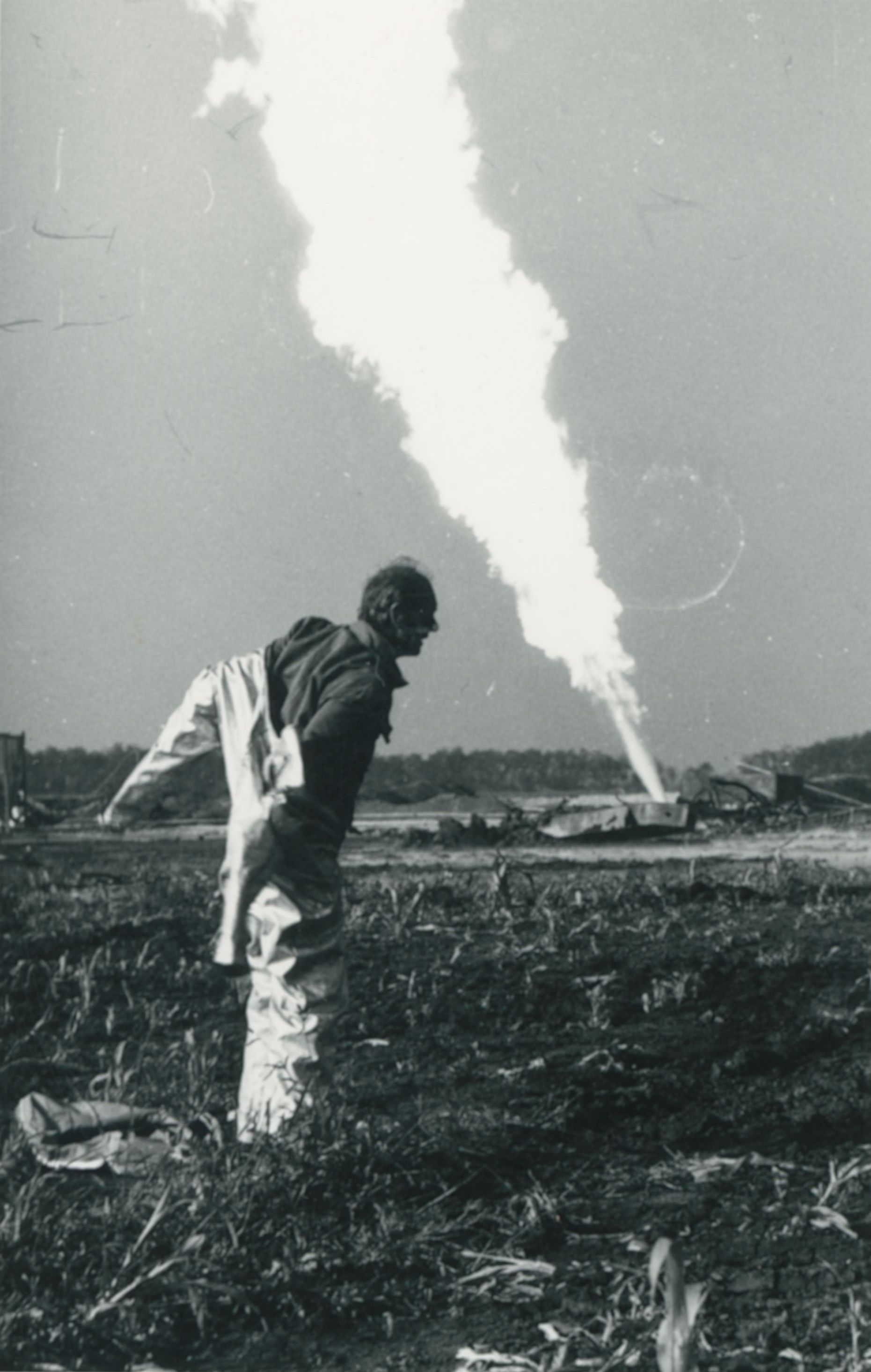

THE LIBERATED FILM CLUB—the second publication from TENEMENT PRESS—is a collection of transcriptions, special commissions and texts anchored in a series of screenings held at London’s Close-Up Film Centre, 2016 to 2020, and curated by Stanley SCHTINTER.
From its onset to its end—the Club guaranteed a wide wingspan for critical conversation. Screening LIBERATED FILM (titles drawn from SCHTINTER’s expansive archive of ‘lost, suppressed and impossible’ film), a guest would be invited to introduce a film; an audience seated to watch it through; but there’d be a disruption to that typical format. Neither the audience nor the guest would have any idea what film would be shown, and this anonymised arrangement would invite broad and antagonistic perambulation on the what, the why and the how of film; on the act(s) of showing, sharing and seeing.
Playing with the ways we reproach the institutions built around all of our cultures of making, and the manners and methods of an elsewhere dominant culture of consumption, THE LIBERATED FILM CLUB was a rare reflection on the act of reflection itself. This collection—an unabridged collation of works pertaining to this series (forthcoming with TENEMENT PRESS in October)—is a unique proposition. It is urgent, exciting and sincere in its silliness; challenging received notions of critical exchange, and abandoning entirely the dogma of atomised, predictable viewing. It is a profound celebration of community and conversation, and a timely paean to free, shared space.

Preorder the book direct
from TENEMENT here.
See here for a further
word on the book.
See below for an excerpt
from the collection ...
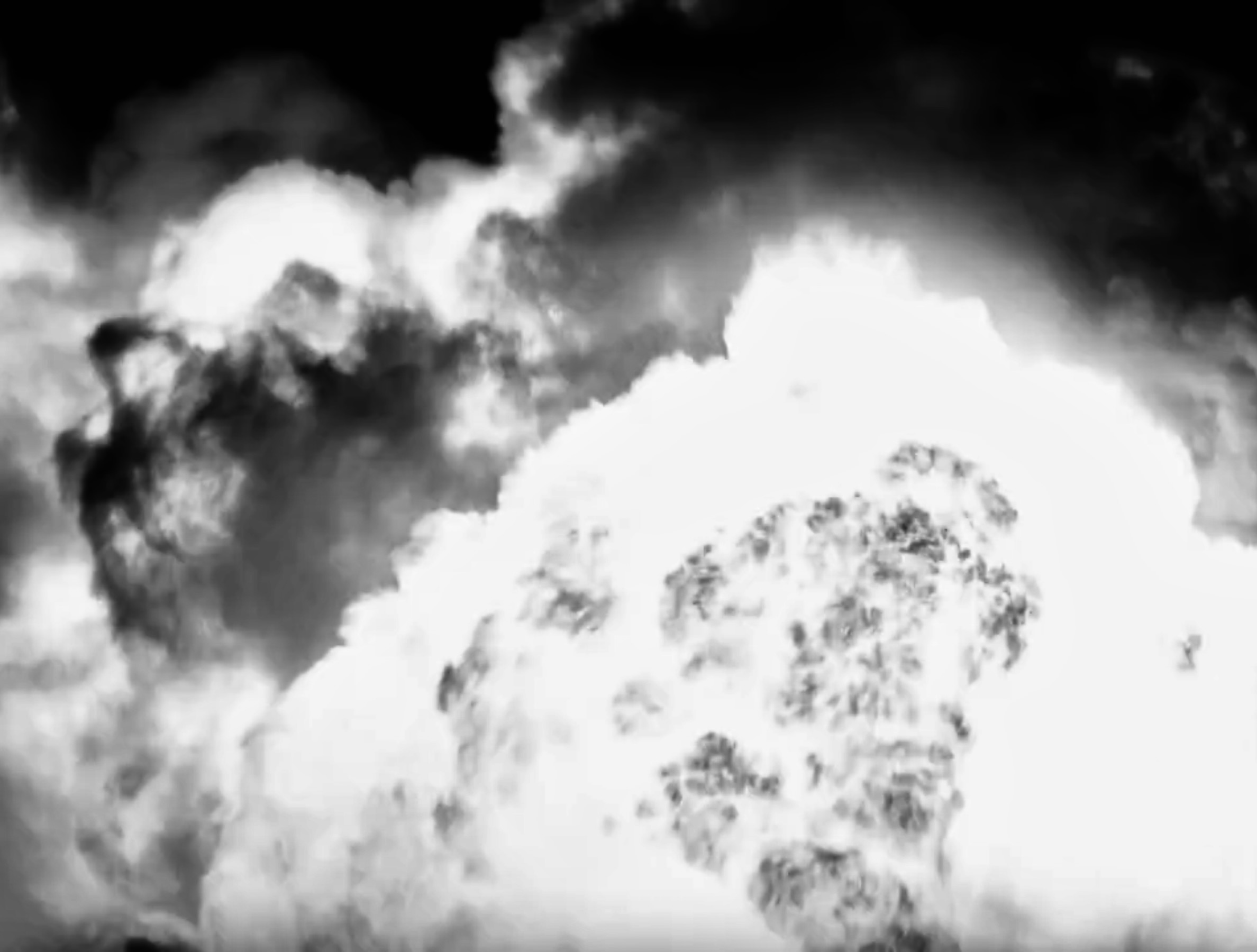
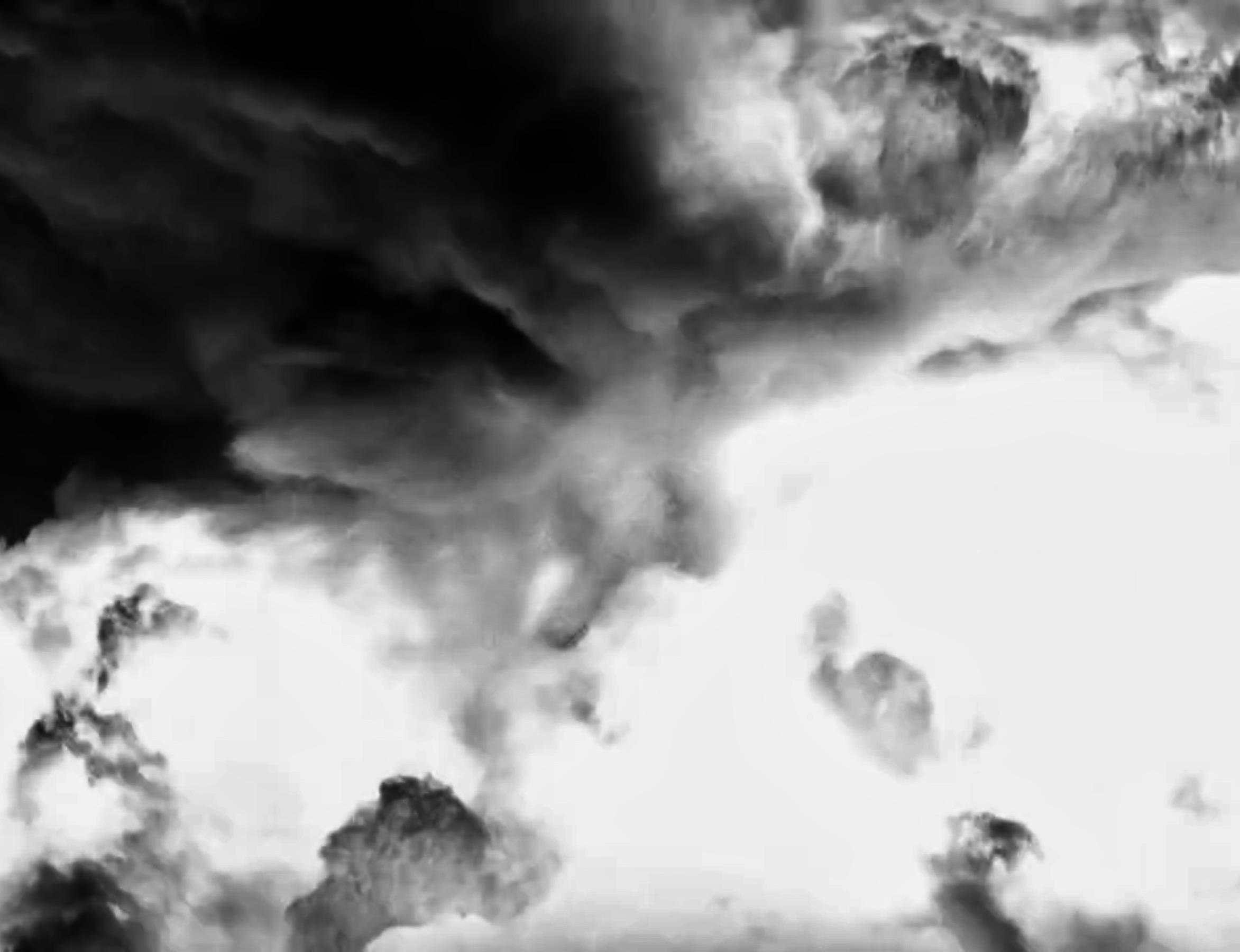
JULIET JACQUES —
I’ve brought along this video case. For those who can’t see, that’s Vladimir Ilyich Lenin on the front. This is a Eureka Video boxset from 2002 called Russia in Revolt. It has three Sergei Eisenstein films in it—three of the early ones—and an Esfir Shub documentary, The Fall of the Romanov Dynasty. It’s got Nicholas II on the back. I’ve been thinking about him this week because, on Twitter, I discovered a poem that I hadn’t seen before by one of my favourite writers, the great Soviet poet, playwright, and filmmaker Vladimir Mayakovsky. It’s called ‘Eat Your Pineapple.’ It simply says…
Eat your pineapple
chew your grouse
your last day dawns
you bourgeois louse
I was always told to learn poetry by heart, and I’m going to be carrying that one with me everywhere I go.
[Juliet played a game; the rules of the game are outlined below]
I spent pretty much all of my student loan on stuff like this video. I actually owe more money now than when I graduated in 2003. I recently broke the five-figure mark with the interest. I now owe the government £10,000. So, I will send this back to them, if they ask for it back. I assume it’s accumulated in value by now. I think it’s quite rare.
I don’t actually have the videos in here. They’re at home. Because what I’ve done is, when I graduated with ten grand worth of debt (thanks Tony) I decided that the best way to clear the debt would be to write for experimental film magazines. I started writing for Filmwaves and, since then, I’ve written for Vertigo, Cineaste, Sight & Sound, and I’m now a billionaire.
Bourgeois louse…
So, what I’ve done, because I didn’t know what this film was going to be, and didn’t know how to do an intro that would be appropriate to the film, is I’ve printed out and cut out… I’ve been reading a lot of surrealist poetry lately, and there are these sorts of exquisite-corpse-kind-of -games, cut-ups and whatnot. I’ve cut out 40 short passages from film reviews I’ve written over the years.
You’ll be delighted that this is an audience participation night. I’m going to take this around the room, I’ll pass it around. Everyone is going to take one of the scraps of paper in this video box. When everyone has a slip of paper, we’re going to go around the room and everyone’s going to read out the sentence. We’ll go from the front this way along, second row, third row, fourth row. What we will get, hopefully, is a sort of collective introduction that will announce a kind of impossible film.
[See below for this impossible film ... ]
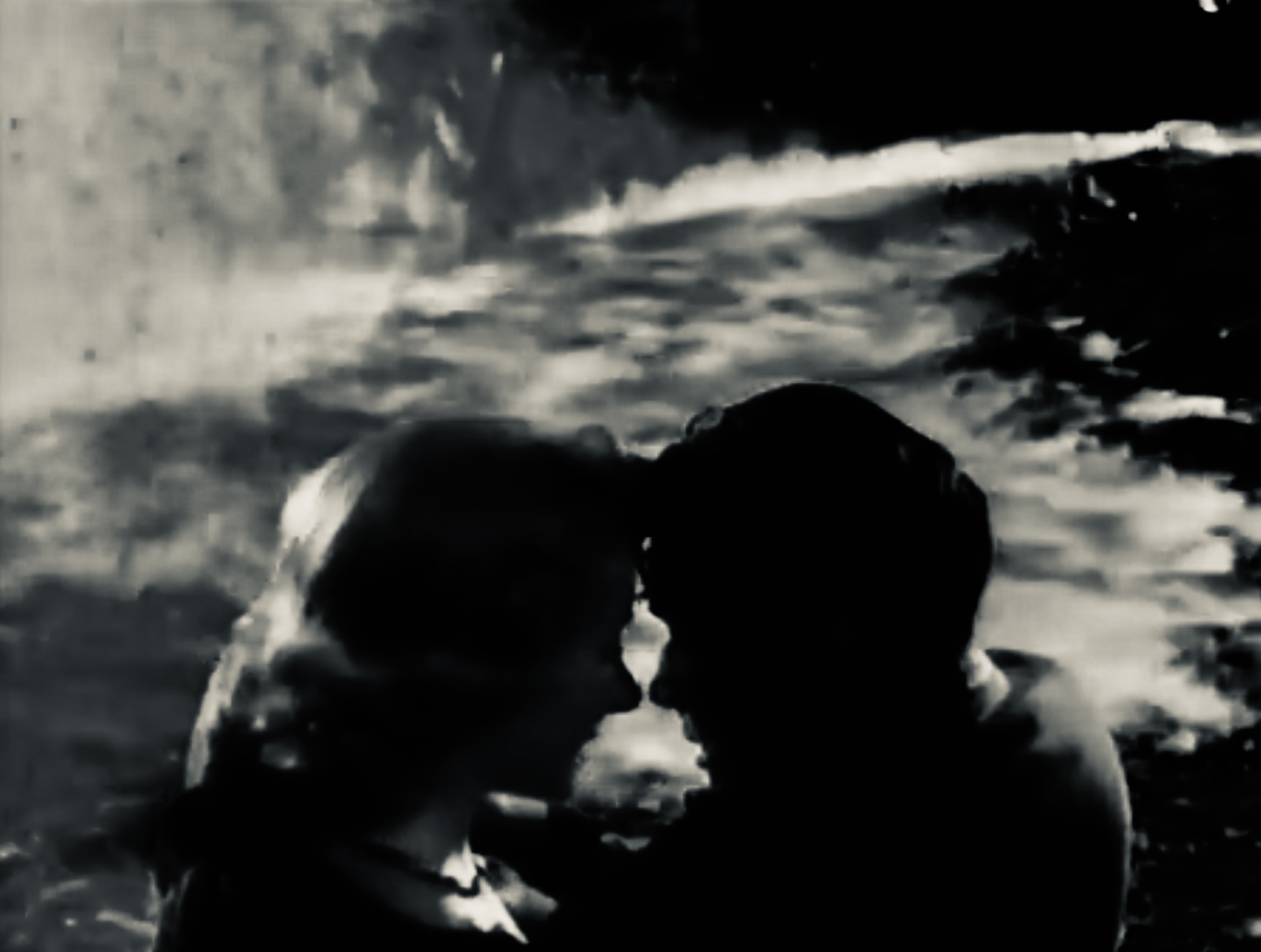
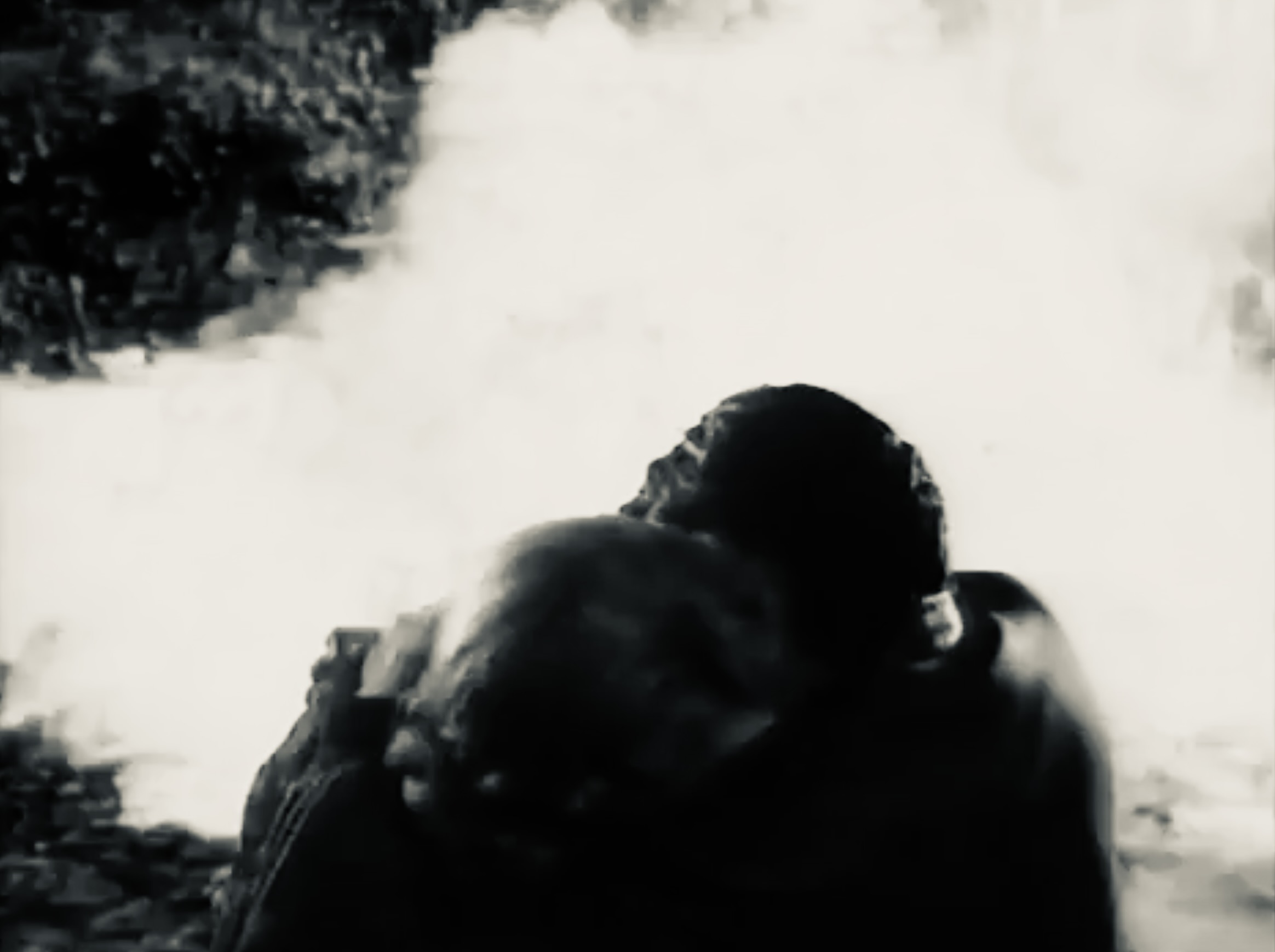
The latest and junkiest outing from the travelling opportunist of gay cinema, this film is as much calculated to upset a heterosexual audience as to flatter the complicity of a male gay one. Four days earlier, The Observer’s brief synopsis was equally scathing, but came closer to accurately describing its ensemble cast, realizing that this was not, or at least not primarily, a gay film. They described it as a transvestite/transexual cabaret; one which looks disparagingly like an amateur not on an off day. There are some genuinely bizarre touches. The green alien, with whom the child Wittgenstein discussed doubt and the existence of martians, for example, playfully undercuts the film’s self-assured intelligence. The film opens with seven possible endings. A woman tentatively opens a door, walking into a world of film, and a farcical narrative where a fight between a man and a woman is soon overtaken by footage of a robot—doubtless intended to be frightening at the time, but preposterous now—terrifies hiding residents of the house it destroys. When the BBC produced this film, it’s restrained [and] subversive use of the documentary format pioneered during the 1930s (and which would become televisual convention) show the effects of a nuclear bomb hitting Rochester, [the film] was banned, [and] More than a modernist movie—shot at night in Waterloo Station and Lots Road Power Station (as well as Chelsea and Thistle Grove Alley, and possibly Selfridges)—this film was about London life and its parks, its department stores, and bedsits, and how the tube, radio, and telephones had changed the urban world. It focused on four ordinary, workaday people, with names such as Nan, Bill, Kate and Burt. The film shows a horse first being exercised, then led away from a burning stable; both sequences having been treated and re-coloured; the transportation of the viewer back to the 1950’s is achieved entirely successfully, largely thanks to production designer Eve Stewart’s adept use of dimly lit brick passageways and cramped doorways. I certainly felt why cameraman Dick Pope emphasises advances in social attitudes and living conditions that were largely won by ordinary people. Language was central to the plot, where barriers and miscommunication force the collapse of a relationship between writer Paul and his wife Camille, and their interaction with American producer Prokosch, who speaks no French. This defamiliarised language, the use of four different tongues—French, English, German, Italian—force the viewer to focus on the character’s communicative methods as much as what they actually said. The prostitution metaphor is employed with little subtlety, except in one brilliant moment. The football coach, about to pleasure himself with Isabelle, explains how Saint Etienne should have never sold Dominique Rocheteau, suggesting that both international superstars and sex trades alike are trapped within an economic superstructure that demands the sale of the self. More than any other work, this film transposed the spirit of early punk music into cinema. Cuba is introduced as a land of great beauty as recorded by Christopher Columbus. However, it is quickly revealed as far more complex than initially implied. Cuba’s modernity is quickly established. The first story is set in a nightclub where American businessmen take an imperialist attitude toward the native women. The theme of capitalist oppression reaching into all walks of life is immediately forefronted, with this oppression leading from the intrusion of Westerners to the astonishing police brutality of the third and finally story, climaxing with the victory of the communist revolutionaries in a classically propagandistic scene of flags, songs, and smiles. The ethic of using such a serious subject in this sort of experiment are complex, but, crucially, the director ensures that human suffering is never downplayed. Although he said that this film is not aiming to depict the explicit, illegal life of gays in the Soviet Union, using the post-Stalinist criminalization of homosexuality as a metaphor for censorship, the pain it shows is very real. Antonia San Juan’s performance as Agrado, peeking in a brilliantly observed monologue on being an authentic transexual woman, was so good that people speculated intensely about her gender. She later said, ‘I’m not a transvestite or transsexual, and that’s all there is to say about that.’ This film contains many of the director’s obsessions, which would become familiar, featuring overtly sexualized women, drag queens, and New Wave counterculture in a screwball narrative in which Riza Nero, the gay son of the emperor of Tehran, disguises himself as a punk rock singer to avoid a group of terrorists, and forms his first heterosexual relationship with the nymphomaniac Sexillia. The opening shot of a man’s crotch seen from Sexillia’s perspective sets the tone with just the barest of restraint. The film’s claustrophobic setting provides a wonderful combination of comedy and drama, and a great demonstration of how the scarcity of words inside a film, usually presented by intertitles or other written forms, increases their value. The moment when the husband and the printer see that the wife has departed is one of the most quietly heartbreaking intertitles in history. It is also obvious that the terrorists have no aim and no message. The director refuses to make any attempt to understand them, as many in the West struggled to do after 9/11, as the mainstream media denied any motive for their actions. The Iraq War, thought to have radicalized the London bombers of July 7th, 2005, and those whose attacks failed two weeks later, is never mentioned, although British troops remained in the country when the film was made. Fortunately, this film is fascinating as a historical record of Soviet economic policy and tantalising as an indication of how the avant-garde explored the possibilities of sound film, or the complex relationships between modernity, modern art and propaganda. It is not merely a historical artifact though. It is a relentlessly challenging, constantly fascinating film offering viewers an entirely unique visual, audible, and ontological experience. For students of radical film history, this film reads as a response to Chris Marker’s three-hour documentary A Grin Without a Cat, made in 1977. Also comprised of archive footage and voiceover, this mediated dissipation of 60’s and 70’s struggles, cutting between France, Vietnam, Algeria, Bolivia, Cuba and Czechoslovakia at speed, giving a sense that the energy of the pending revolution persisted even as the movements themselves had been extinguished. I didn’t appreciate the director using this method of distancing himself from the memories and emotions in his script in this way. I didn’t initially see the humour in Snow reading the director’s recollections of a photo taken in Snow’s studio in 1965, recounting a disagreement over the typeface on a poster that the director had designed for an exhibition of Snow’s art, concluding, quote, ‘I regret to say Snow was right. I wish I could apologise to him.’ The film cut from a hammer and a sickle to a Coca-Cola, from the Kremlin to the World Trade Centre, making the inference that a Cold War empire was propagated by opposing ideologies in similar ways. It was shot in Hollywood on an iPhone 5, which did not require a permit. Two painters, Rene Magritte and Salvador Dali, were impressed by the idea of camera angles and the combination of suspense. As well as placing a clock in all of the locations, the director punctuates the action with an hour countdown, capturing the rising urgency of its script, occurring, as the title suggests, over a single day. The protagonist’s secret was crucial to the film’s success in North America, as it’s sympathetic portrayal of an IRA member was to its blunted reception in Britain. Especially as the IRA bombing campaign was in full swing in 1992. The director reflected that, because Anglo-Irish issues were less well understood in the U.S., the distributors could play up to the sexual politics creating a frenzy by begging the audience not to reveal the twist. The film was banned in Britain after the British Board of Film Classification called it ‘So cryptic as to be almost meaningless,’ and included that, ‘If it has a meaning, it was doubtless objectionable.’
Juliet JACQUES is a writer and filmmaker based in London. She is the author of RAYNER HEPPENSTALL: A CRITICAL STUDY (Dalkey Archive, 2007), TRANS: A MEMOIR (Verso, 2015), and VARIATIONS (Influx Press, 2021). Her landmark column on gender reassignment appeared in The Guardian, entitled ‘A Transgender Journey’ (2010-12) and she has written for the London Review of Books, Granta, Sight & Sound, Frieze, Art Review, the New York Times, and many more. JACQUES was included on The Independent on Sunday Pink List of influential LGBT people in 2012, 2013, 2014 and 2015.
Stanley SCHTINTER’s yearlong project at the Whitechapel Gallery, IMPORTANT BOOKS (or, MANIFESTOES READ BY CHILDREN), launched in May ‘21 with an 8-year-old boy reading in full the Communist Manifesto.
See schtinter.net.
THE LIBERATED FILM CLUB will publish
with TENEMENT PRESS,
SEPTEMBER MMXXI

